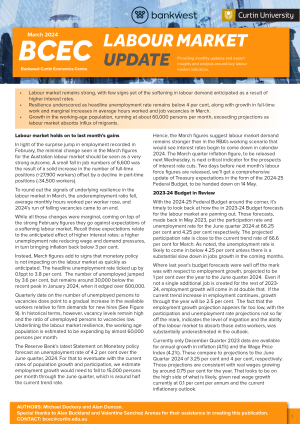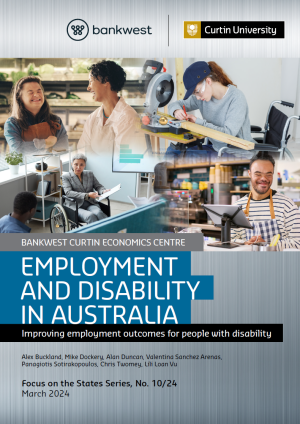Maximising the potential of employees with Autism Spectrum Disorder

Project Summary
Despite legislation requiring the same employment opportunities be given to people with and without a disability, Australia has among the lowest rates of employment of people with disability in the OECD. Adults with autism spectrum disorder (ASD) have a particularly low labour force participation rate of 42% compared with 53% for all individuals with disabilities.
The aims of this project were to examine the benefits and costs of employing adults with ASD and explore factors likely to promote retention in employment. Employers and employees across Australia were recruited via various mechanisms and asked to respond to a questionnaire. Employees with ASD were found to perform at above standard levels with regards to attention to detail, work ethic and quality of work, at similar levels in terms of productivity, but at below standard levels in flexibility and following instructions. Weekly employment costs were similar for people with and without ASD.
The study also highlighted the importance of employees feeling valued in the workplace, having job expectations clearly communicated and feeling supported in the workplace. The findings suggest the need for employers to make attitudinal adjustments towards employees with ASD and the preconceived idea of additional costs for support and workplace modifications.







